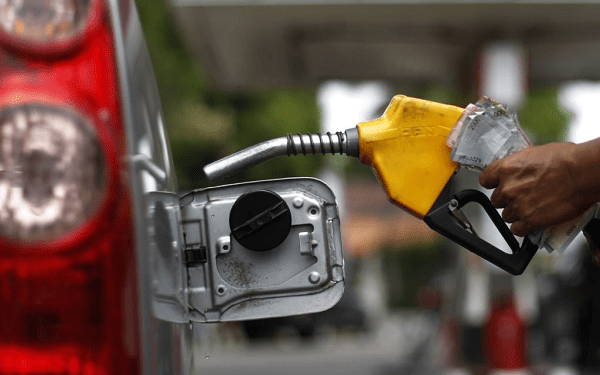Ghana Falls in African Fuel Price Rankings Despite Cedi Gains
Ghana has slipped seven places to become the 20th cheapest country for petrol in Africa, according to the latest data from GlobalPetrolPrices.com, raising questions about the disconnect between domestic pump prices and improving macroeconomic indicators.
The country’s average petrol price stood at $1.211 per litre in May 2025, down in the global ranking to 77th from 48th in April 2024. This decline comes in spite of the Ghanaian cedi’s relative stability and recent gains against the US dollar and other major currencies, as well as a downturn in international crude oil prices.
Brent crude is currently trading at $65.89 per barrel, having softened on the back of tepid global demand and stable supply outlooks. Typically, such conditions, combined with a strengthening local currency, would suggest more competitive domestic fuel prices.
Libya continues to top both African and global rankings for the lowest petrol prices, at just $0.027 per litre. Angola ($0.327) and Algeria ($0.344) follow, with Egypt ($0.377), Nigeria ($0.537) and Sudan ($0.700) also offering cheaper pump prices than Ghana. Other African economies ahead of Ghana include Tunisia, Liberia, Ethiopia, and Gabon.
Despite the modest declines at local pumps in recent weeks, the steep drop in Ghana’s relative position suggests underlying pricing rigidities or structural inefficiencies in the domestic fuel market.
Dr. Riverson Oppong, Chief Executive of the Chamber of Oil Marketing Companies (COMAC), confirmed that fuel prices are set to decline further from Friday, May 16, citing a combination of favourable exchange rate movements and falling benchmark prices.
“The reduction was expected. Foreign exchange rates are a major determinant in pricing. As we speak, benchmark prices are trending lower, and the dollar is weakening. That’s why we’re seeing retail prices ease—by around 13% to 15% on average,” Dr. Oppong said.
Ghana’s fuel pricing mechanism is governed by deregulated market principles, but the latest rankings underscore the need for enhanced transparency and possibly regulatory review, especially as regional peers maintain greater price competitiveness despite similar macroeconomic conditions.








